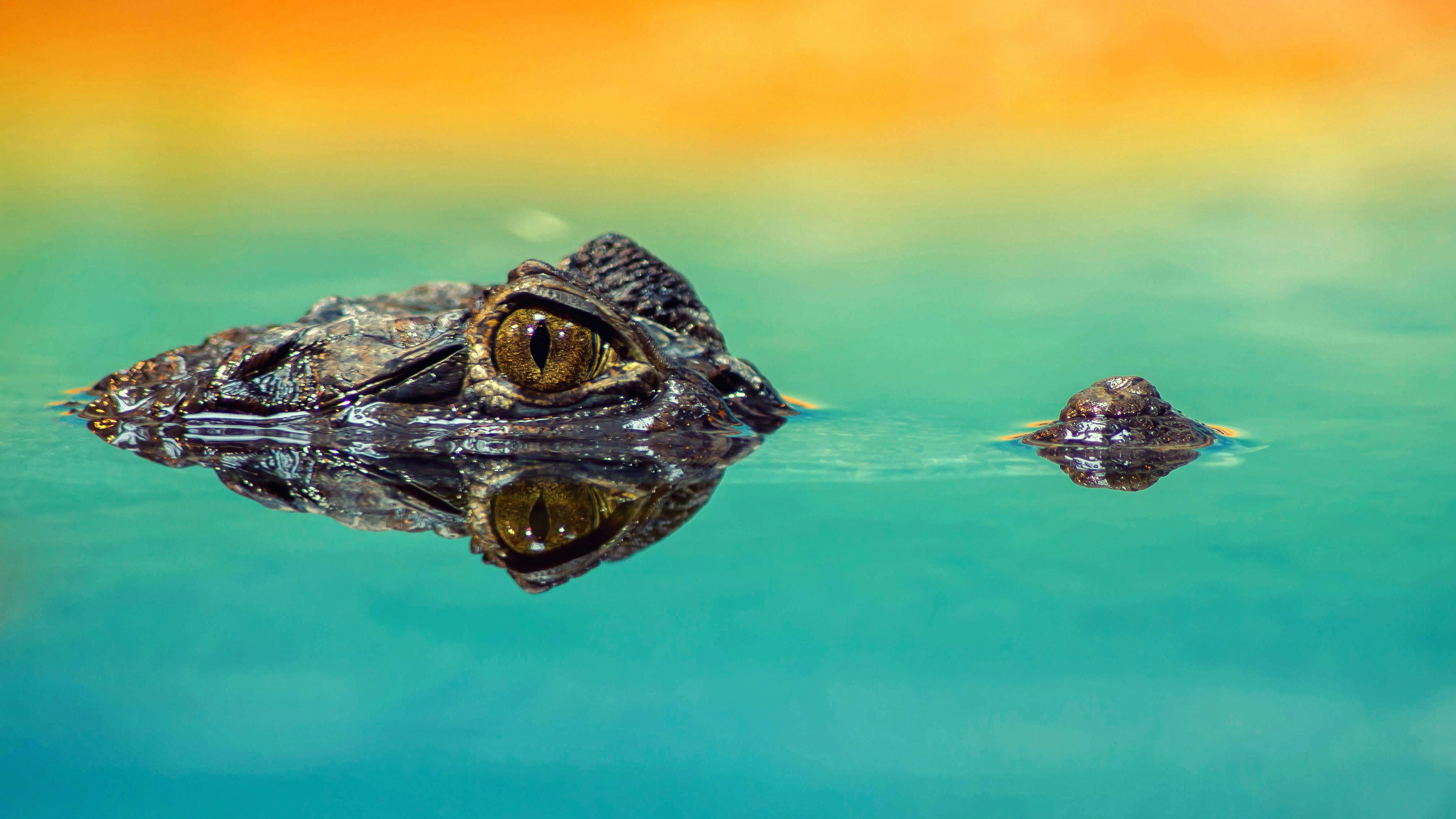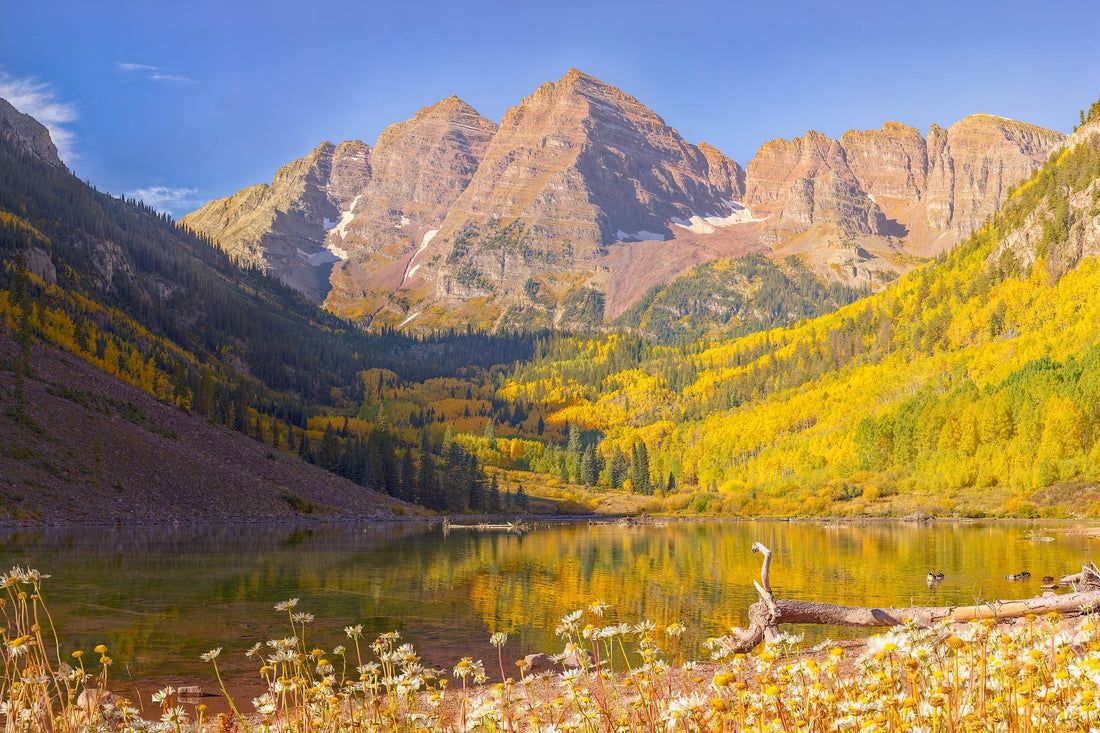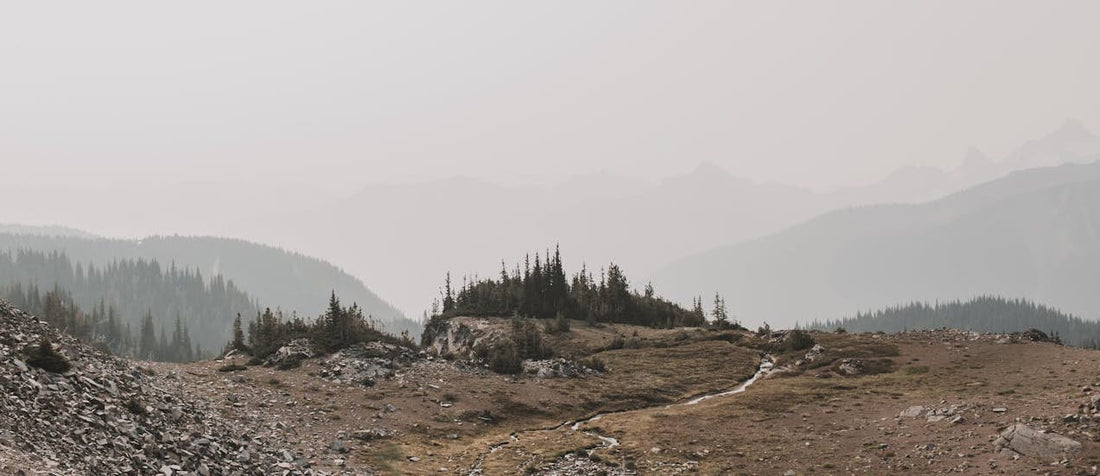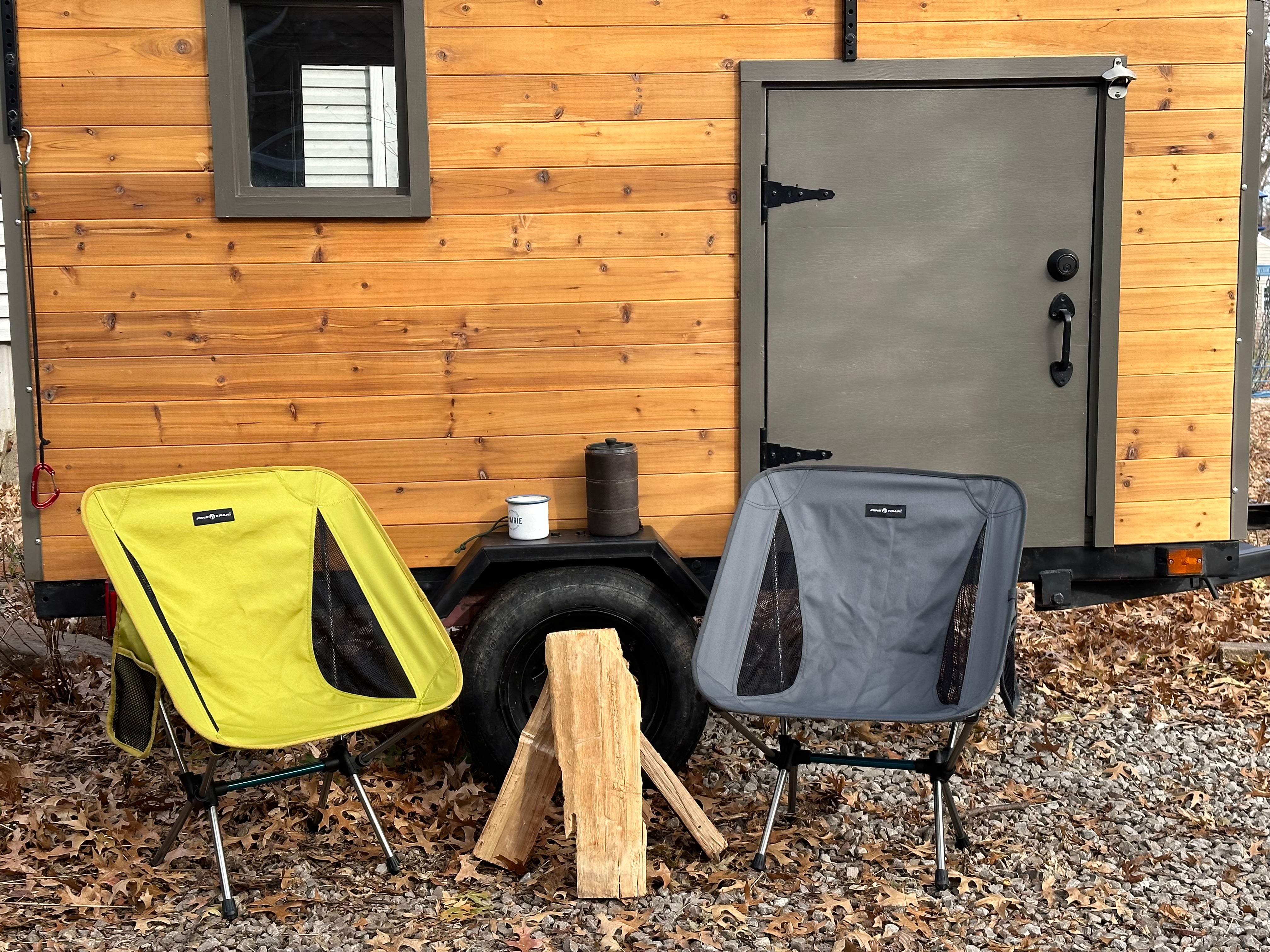Nature photography offers a captivating window into the world around us, allowing us to preserve fleeting moments of natural beauty and share them with others. Whether you're a seasoned photographer or just starting out, capturing stunning images of landscapes, wildlife, and flora can be a deeply rewarding experience. In this guide, we'll explore the essential equipment, the process of capturing images, and key principles of photography to help you master the art of nature photography.
Equipment Essentials:
1. Camera: While high-end DSLR cameras offer versatility and advanced features, you don't necessarily need expensive equipment to capture great nature photos. Many modern smartphones boast impressive camera capabilities, making them suitable for capturing stunning images on the go.
2. Lenses: For DSLR or mirrorless cameras, investing in a variety of lenses can enhance your creative options. Wide-angle lenses are ideal for capturing expansive landscapes, while telephoto lenses allow you to zoom in on distant subjects such as wildlife or birds.
3. Tripod: A sturdy tripod is essential for achieving sharp images, especially in low light conditions or when using slow shutter speeds. Look for a lightweight yet durable tripod that can withstand the rigors of outdoor photography.
4. Filters: Consider investing in filters such as polarizers or neutral density filters to control reflections, enhance colors, and achieve long exposure effects. These accessories can help you overcome challenging lighting conditions and elevate your photography.
5. Outdoor Gear: Gear such as a backpack, waterproof camera satchel, trekking poles, and hiking gaiters help to protect both you and your equipment. Sometimes getting the perfect shot means going off the beaten path, and having these things handy could be important.
The Photography Process:
1. Scouting Locations: Before heading out to photograph nature, research potential locations and scout for interesting compositions. Look for unique landscapes, wildlife habitats, or natural phenomena that inspire you.
2. Composition: Pay attention to composition principles such as the rule of thirds, leading lines, and framing to create visually compelling images. Experiment with different angles and perspectives to capture your subject in the best light.
3. Lighting: The quality of light plays a crucial role in nature photography. Golden hour—shortly after sunrise or before sunset—offers soft, warm light that enhances colors and textures. Avoid harsh midday sunlight, which can create harsh shadows and washed-out highlights.
4. Patience and Persistence: Nature photography often requires patience and persistence to capture the perfect shot. Be prepared to wait for the right moment, whether it's a bird in flight, a fleeting sunset, or a blooming flower.
Principles of Photography:
1. Focus and Depth of Field: Use selective focus to draw attention to your subject and create a sense of depth in your images. Experiment with aperture settings to control depth of field and achieve the desired level of background blur.
2. Exposure: Mastering exposure is essential for achieving well-balanced images. Learn how to adjust shutter speed, aperture, and ISO settings to properly expose your photos, taking into account the dynamic range of the scene.
3. Composition: Apply composition techniques such as leading lines, symmetry, and the rule of thirds to create visually engaging images. Experiment with different compositions to find the most effective way to convey your message or tell a story.
4. Post-Processing: While capturing great photos in-camera is important, post-processing can help enhance your images and bring out their full potential. Experiment with editing software such as Adobe Lightroom or Photoshop to fine-tune colors, contrast, and sharpness.
In conclusion, nature photography is a rewarding pursuit that allows us to connect with the natural world and share its beauty with others. By mastering essential equipment, understanding the photography process, and applying key principles of composition and exposure, you can elevate your nature photography skills and capture stunning images that inspire awe and appreciation for the world around us. So grab your camera, venture into the great outdoors, and let nature's beauty be your muse.






